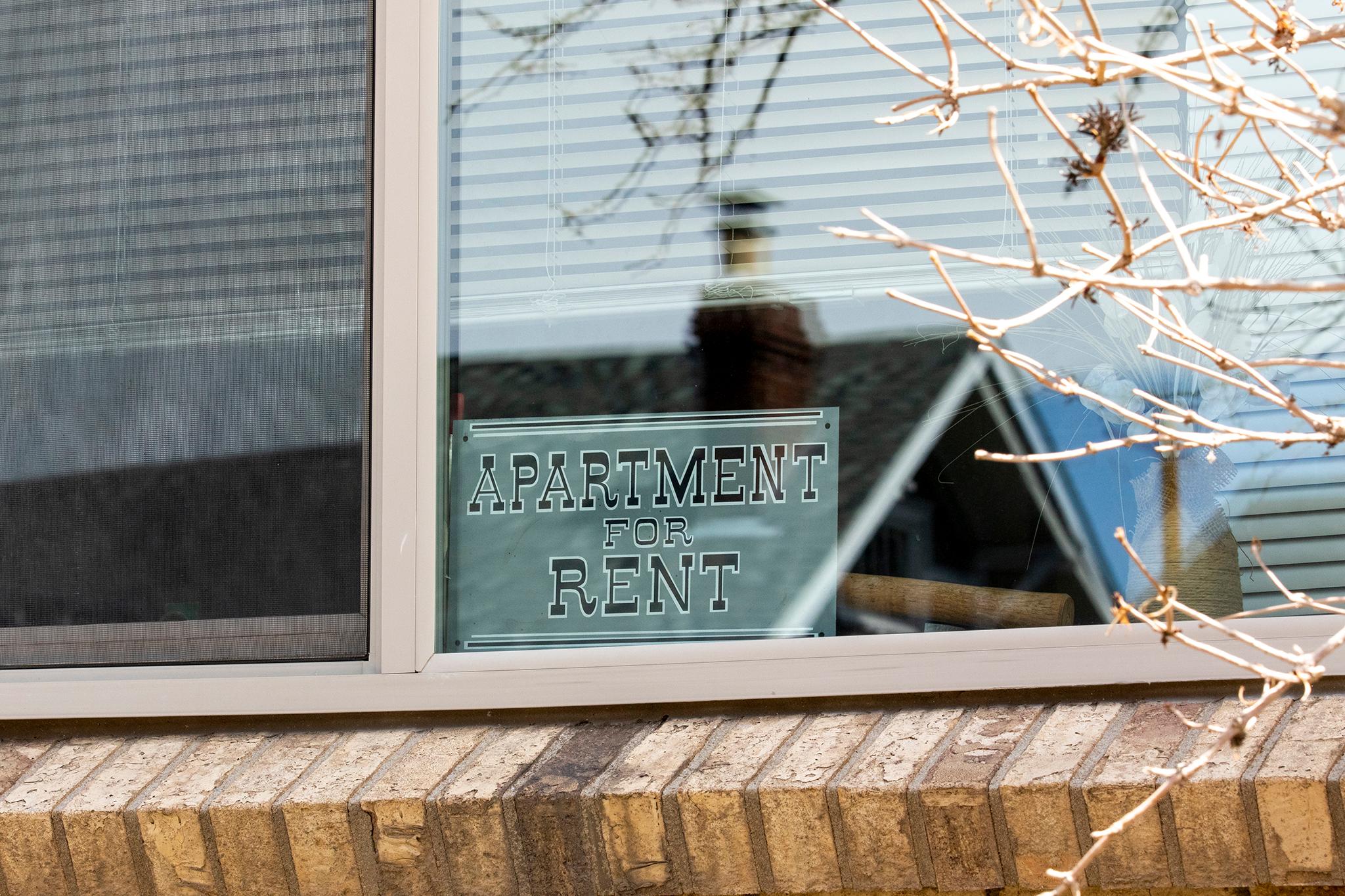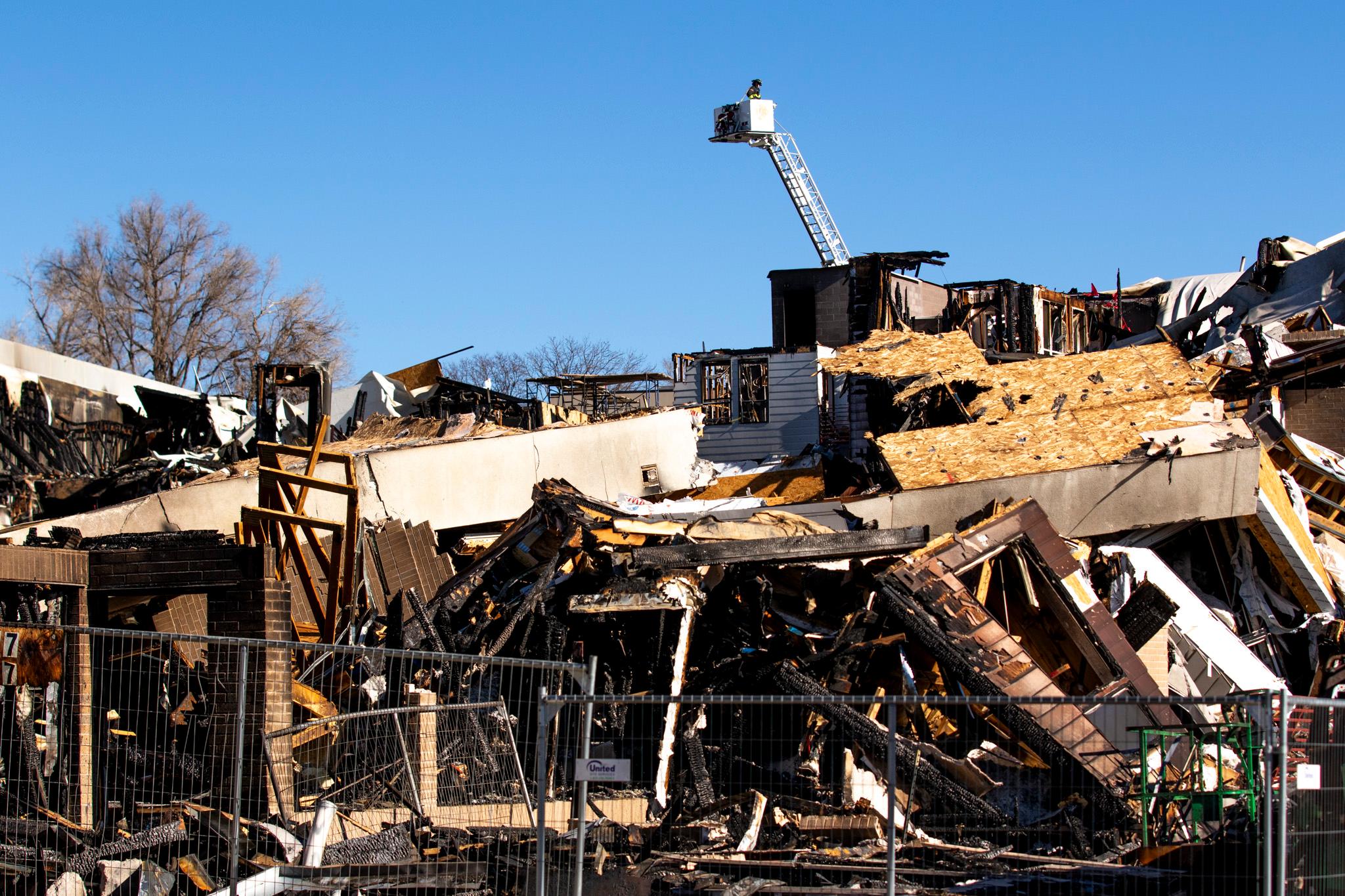For months, Denver rent prices have been falling. A glut of new apartments have hit the market. With lots of new competition, landlords are offering lower rent and other perks to prospective new renters.
But property owners are not always offering those same breaks to current renters. To make the most of this dip in rents, you might have to negotiate.
“Two years ago, three years ago, this wasn't really a thing people could do,” said David Pardo, a member of the housing advocacy group YIMBY Denver. “If you went to your landlord and you're like, I'd like to pay less rent, they'd be like, ‘Okay, like, Yeah, I'm not going to do that.’”
Even the landlord trade group, the Apartment Association, urges renters to haggle with landlords desperate to keep properties filled. Landlords are incentivized to keep you in your unit, even if it means losing revenue.
“The renter has more power to negotiate,” Apartment Association of Metro Denver Executive Vice President Mark T. William said in April.
But how?
YIMBY (Yes In My Backyard) is mostly known for supporting the construction of dense new housing as a solution to the affordable housing crisis, but the local chapter recently published a guide to rent negotiations — part of its effort to help people stay housed.
If you want to renegotiate your lease — and you are willing to walk away from your current home – here is what YIMBY and others recommend.
Negotiate before signing a renewed lease
Don’t do it six months into your current lease, Pardo said. And make sure your lease doesn’t automatically renew before you can ask for a better deal.
Show you’re willing to move
To have maximum leverage, you have to demonstrate that you are serious about moving. That could include giving notice that you will be moving. Maybe even show your landlord the next place you plan to rent – for a lower price.
“If you find a cheaper rent with a different landlord and show it to your landlord, your landlord has reason to think you’re serious about potentially leaving them without a paying tenant,” the advocates wrote in their guide.
Know the facts
Landlords are afraid of losing money as their units sit empty, and vacancy rates remain higher than in recent years.
“It's not an owner's market,” said Cary Bruteig of Apartment Insights. “With rents down over the last three years, vacancy up, they certainly are giving up the control of the market to the renters. I think it's very much tilted in renters' favor with the supply, the 30,000 units they have to choose from, to shop between, to negotiate better opportunities.”
Bring the data
When you negotiate, show specific listings in your building or in nearby buildings that are listed for less than you’re currently paying. The goal is to be specific – not vague. The facts give you leverage.
“If they think you’re only bluffing, then they probably won’t feel like they need to give you a good deal,” the guide states.
Remember that there’s pressure on your landlord
Landlords often would prefer to keep a tenant housed in their current unit rather than missing out on a couple of months of rent while they try to lure someone new to the space. Switching tenants often requires updating a unit and, fixing up wear and tear. And if the neighborhood or building you’re living in has vacant units, that pressure on the landlord might be higher.
But be cautious about ultimatums
Remember: Never make an ultimatum you can’t fulfill. There’s always a chance that your landlord will choose not to renew your lease, although Colorado law now grants some protections for renters who wish to extend.
Read the fine print
Make sure you’re following your lease’s instructions about non-renewal, and if you don’t understand the document, consult with an attorney, YIMBY advises.
“Be careful: If you give a notice to your landlord that you are moving, you must be prepared to actually move,” YIMBY writes.
And remember, there are no guarantees negotiations will work out in your favor.
“The advice isn’t universally failsafe,” the group notes. “Your original rent may have been somewhat below market for various reasons; your landlord may suspect that you won’t actually move when faced with lower rent offers; your landlord may believe that your neighborhood is getting more popular and that another renter will accept a higher rent; or your landlord may be overconfident about market conditions. But it’s worth a shot!”
Remember: The window might not be open long
With the Colorado Apartment Association expecting a slow-down in new construction in the next few years, the chance to negotiate a lower rent may be short-lived.
“I think it's a renter's market now,” Bruteig said. “It probably will be for a few more years until until things change again.”











